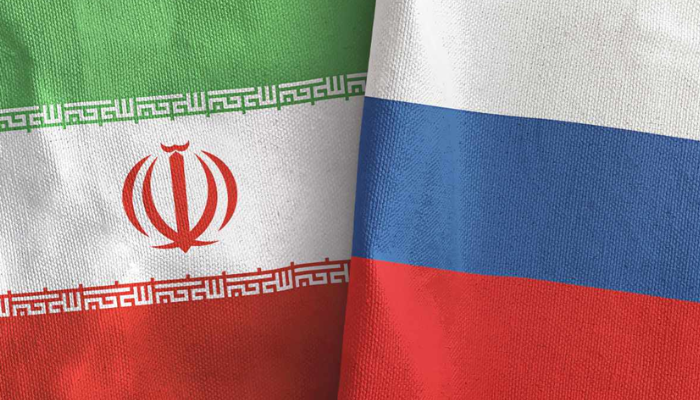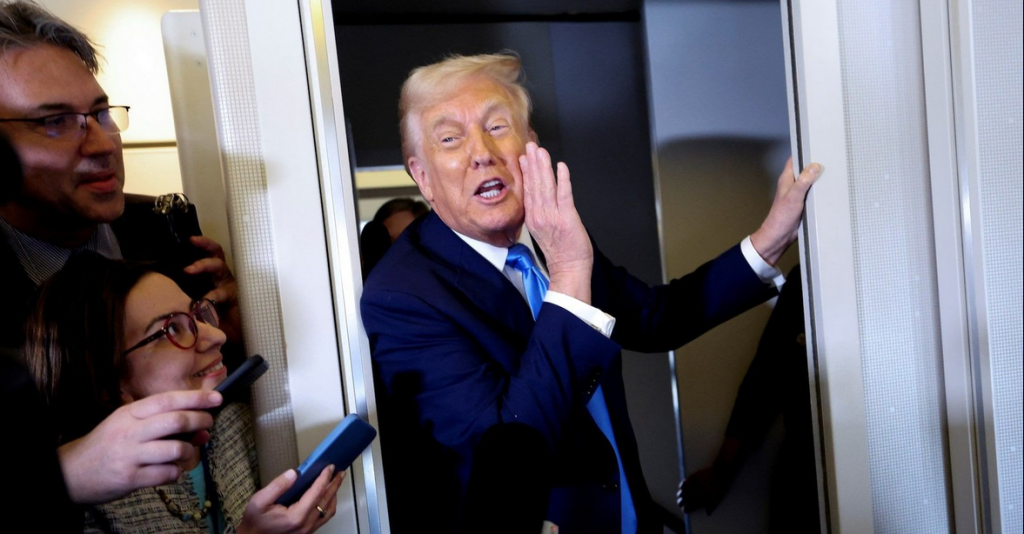Wall Street Falls Amid Middle East Tensions; Energy Sector the Only Gainer
While there was no visible disruption to global oil flows, Iran and Qatar partially suspended gas production at the South Pars field.

Quick overview
- U.S. stocks declined on Tuesday due to rising concerns over potential U.S. involvement in the Israel-Iran conflict.
- All major Wall Street indexes closed lower, with the Dow Jones dropping 0.70% and the S&P 500 losing 0.84%.
- Crude oil prices surged over 4% amid fears of supply disruptions, contributing to inflation concerns.
- Iran partially halted gas production following an Israeli strike, while geopolitical tensions continue to impact energy markets.
U.S. stocks fell on Tuesday amid mounting concerns that the United States could become directly involved in the escalating conflict between Israel and Iran, aimed at halting the Islamic regime’s nuclear ambitions.

All three major Wall Street indexes closed lower. The Dow Jones Industrial Average, which tracks 30 blue-chip companies, dropped 0.70% to 42,215.80 points. The S&P 500, representing the largest U.S. firms, lost 0.84% to 5,982.72, while the tech-heavy Nasdaq Composite slipped 0.91% to 19,521.09.
President Donald Trump left the G7 Summit in Canada early on Monday to meet with his national security team and address the situation in the Middle East. On his platform, Truth Social, he posted provocative messages such as: “UNCONDITIONAL SURRENDER!”
U.S. crude oil prices surged over 4% on the day and have gained more than 13% over the past two weeks, driven by concerns over potential supply disruptions. The sharp rise in oil weighed on equities, as investors feared a renewed spike in inflation.
By sector, energy was the only one to post gains—up 1%—supported by the rally in oil prices. All other sectors closed in the red, with healthcare leading the declines (-1.64%). Within the Dow Jones, shares of oil giant Chevron rose 1.9%, in line with sector-wide gains.
Iran Halts Gas Production Amid Regional Escalation
While there was no visible disruption to global oil flows, Iran partially suspended gas production at the South Pars field, which it shares with Qatar, following an Israeli strike that triggered a fire on Saturday. Israel also reportedly targeted a Shahran oil depot.
Market participants remain concerned about potential disruptions through the Strait of Hormuz, although analysts see the actual risk of a closure as low. A shutdown would deprive Iran of critical revenue, while the U.S. is actively seeking to lower oil prices and ease inflationary pressures.
Ongoing aerial exchanges between Israel and Iran have reignited geopolitical risk in energy markets, which were already on edge due to a tight supply-demand balance.
Adding to concerns, two oil tankers collided and caught fire on Tuesday near the Strait of Hormuz, an area that has recently seen increased electronic interference—highlighting the risks for companies transporting oil and fuel through the region.
Despite the geopolitical noise, oil supply appears to remain strong. In its monthly oil market report released Tuesday, the International Energy Agency (IEA) cut its global crude demand forecast by 20,000 barrels per day from last month and raised its supply estimate by 200,000 bpd, bringing projected supply growth to 1.8 million bpd.
- Check out our free forex signals
- Follow the top economic events on FX Leaders economic calendar
- Trade better, discover more Forex Trading Strategies
- Open a FREE Trading Account